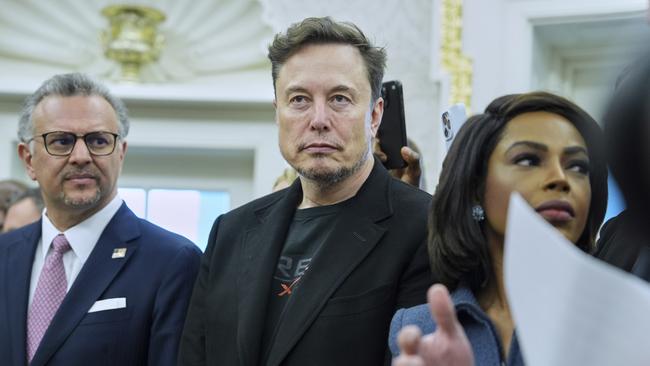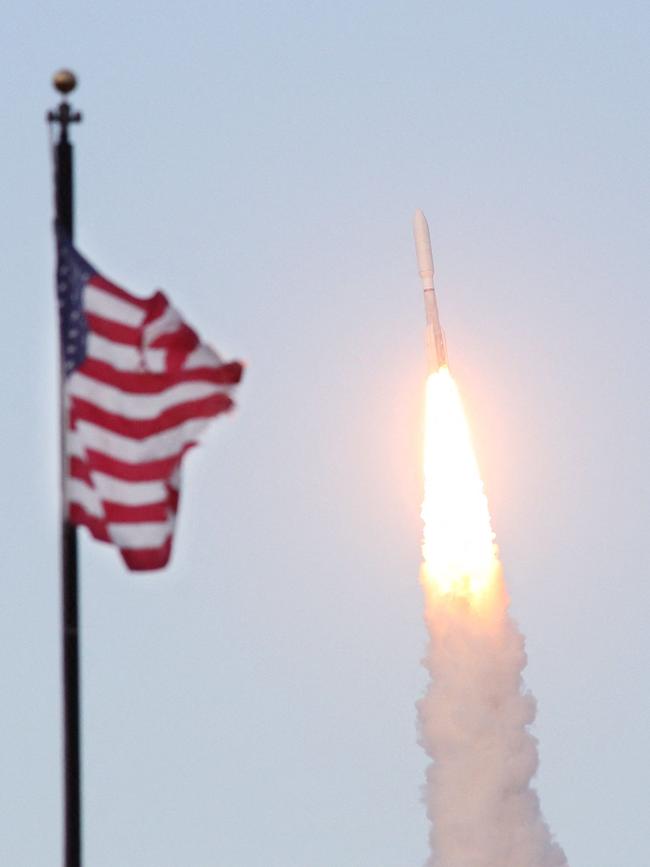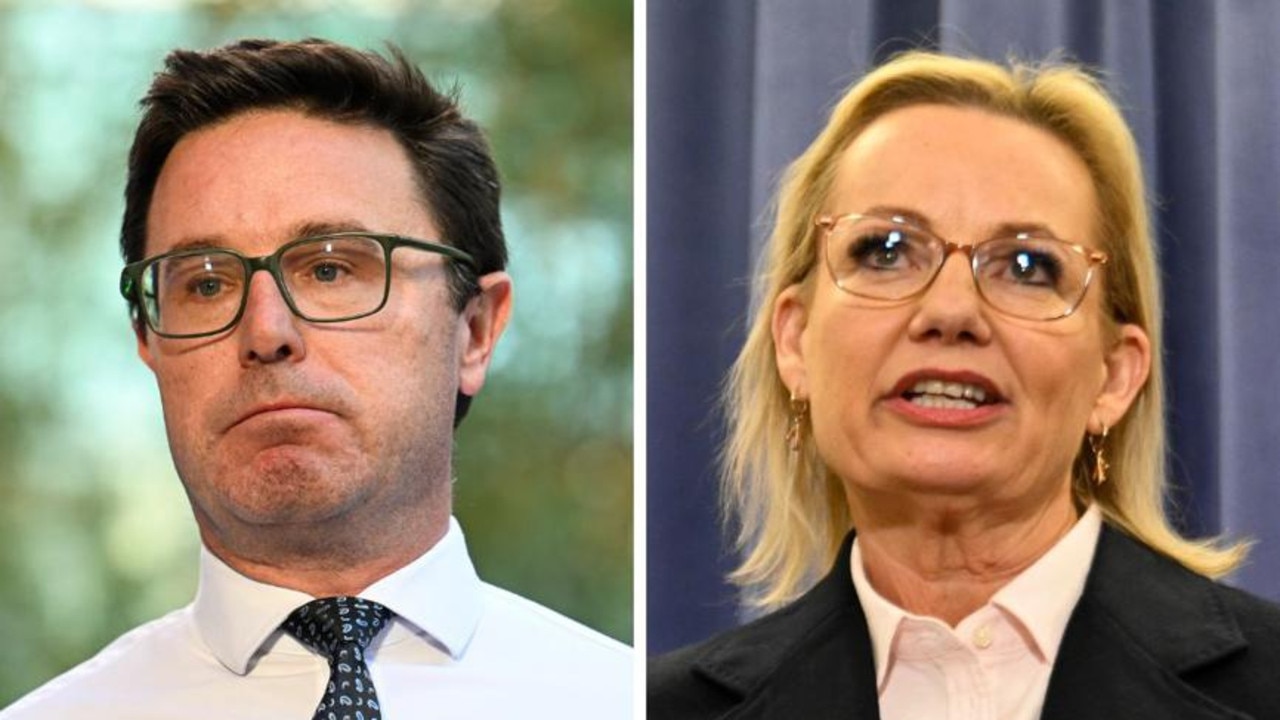Elon Musk’s Starlink issued formal warning over complaints reporting breach
The breach follows the burgeoning satellite service’s decision to withdraw from the procurement process to replace the NBN’s ageing satellite system.

Starlink, the burgeoning satellite internet service owned by controversial billionaire and Donald Trump confidante Elon Musk, has been put on notice by the communication watchdog after it breached its complaints record-keeping obligations.
An investigation by the Australian Communications Media Authority found Starlink on four occasions failed to provide complaint reports between October 2023 and July 2024. The SpaceX subsidiary received a formal warning for the breach.
“Starlink’s failure to submit the required complaints reports in a timely way hampered the ACMA in its role of monitoring whether Starlink is meeting its obligations towards consumers,” the authority’s Samantha Yorke said in a statement on Friday.
Starlink’s faster speeds and lower latency have driven a surge in its regional and rural customer base in recent years, as many abandon the National Broadband Network’s $620m Sky Muster satellite system, which is now in the process of being replaced.
Despite its growing popularity, Starlink is not expected to supersede Sky Muster’s two geostationary satellites, with Mr Musk’s venture ultimately opting out of a NBN procurement process to replace the ageing infrastructure.
Instead, The Australian understands that Amazon subsidiary Kuiper Systems is the NBN’s preferred supplier, with a multimillion-dollar contract expected to be signed off by Communications Minister Anika Wells in the next two months.
The first of Kuiper’s constellation of 3000 low-Earth orbit (LEO) satellites were launched late last month, with the Starlink rival’s service scheduled to be operational by the end of the year.

A regional telecommunications review chaired by former West Australian Labor minister Alannah MacTiernan, released this year
On Friday, an NBN spokeswoman said the company was not yet in a position to detail the outcome of its procurement process for a new satellite service for regional and rural users, with the aim of deploying the replacement before Sky Muster is decommissioned from 2032.
“We are advanced in our process for selecting a LEO service provider, however we are not in a position to confirm an outcome of the tender process at this time,” she said.
The mooted agreement comes as data from the Paris-based OECD, released this month, shows Australia continues to lag other developed countries in the uptake of low-latency fibre internet access.
While fibre accounts for an average 44.6 per cent of fixed broadband connections across OECD countries, Australia trails well behind that figure at just 28.3 per cent, a level far below smaller economies such as Latvia and Portugal.




To join the conversation, please log in. Don't have an account? Register
Join the conversation, you are commenting as Logout